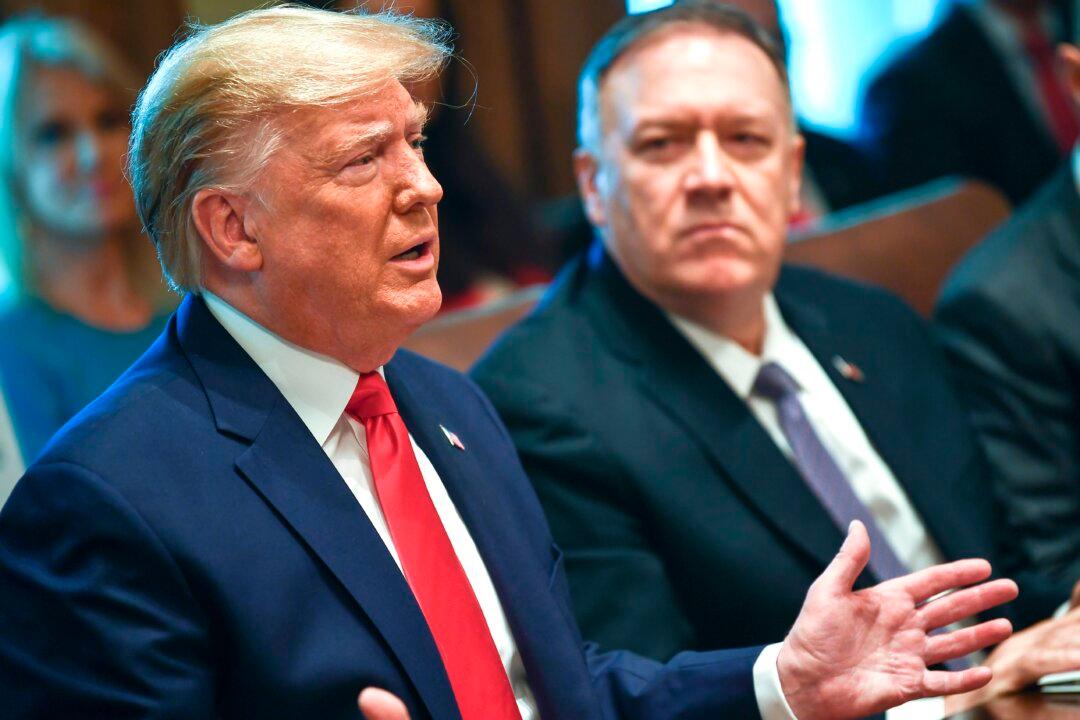The United States has formally begun the process of pulling out of the Paris climate agreement, which backs a promise that President Donald Trump made in 2017 when he first announced his intention to withdraw from the climate change initiative.
Secretary of State Mike Pompeo announced the move in a statement on Nov. 4, calling the accord unreasonable.





